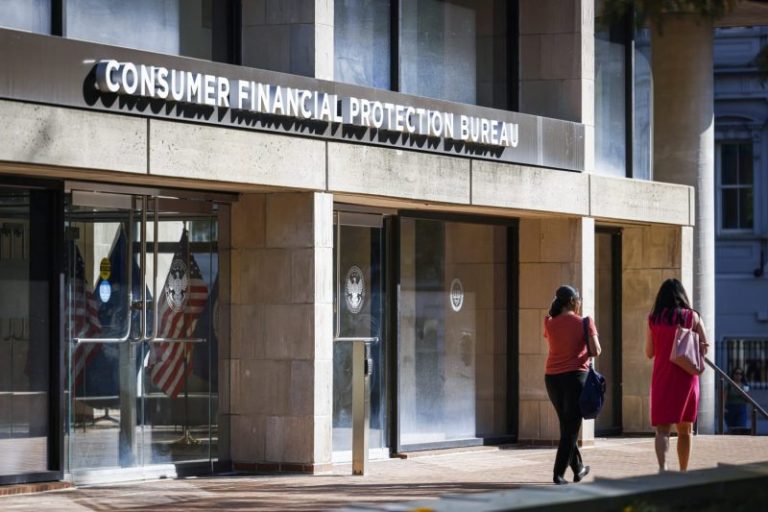In a potentially game-changing move for consumers, the Consumer Financial Protection Bureau (CFPB) has put forward a new rule that could help save Americans up to $10 billion annually in late fees. This rule, which aims to protect consumers from unfair practices by financial companies, has the potential to make a significant impact on the wallets of millions of Americans.
One of the key provisions of the proposed rule is a cap on late fees that credit card companies can charge. Late fees have long been a source of frustration for consumers, often adding significant costs to an already strained budget. By limiting the amount that companies can charge for late payments, the new rule seeks to prevent consumers from being hit with exorbitant fees that can quickly spiral out of control.
Another important aspect of the rule is the requirement for financial companies to provide clear and transparent information about fees and penalties. Many consumers find themselves facing unexpected charges due to confusing or misleading terms buried in the fine print of their contracts. By making sure that consumers are fully informed about the potential costs of their financial decisions, the new rule aims to empower consumers to make more informed choices about their finances.
Despite the potential benefits of the new rule, there are concerns that it could face a last-minute freeze. Some industry representatives have raised objections to the proposed changes, arguing that they could limit the ability of financial companies to manage risk and could ultimately harm consumers by reducing access to credit. These concerns have led to calls for further study and potential revisions to the rule before it is implemented.
In response to these objections, consumer advocates have emphasized the importance of protecting consumers from harmful and unfair practices in the financial industry. They argue that the new rule is a crucial step towards ensuring that consumers are treated fairly and have access to the information they need to make sound financial decisions. By putting an end to predatory practices and ensuring that consumers are not exploited by hidden fees and penalties, the new rule has the potential to level the playing field for consumers across the country.
As the debate over the new rule continues, it is clear that its potential impact on consumers is significant. By saving Americans billions of dollars annually in late fees and promoting transparency and fairness in the financial industry, the rule could help millions of consumers regain control over their finances. Whether or not the rule faces a last-minute freeze remains to be seen, but one thing is certain: the outcome of this debate will have far-reaching consequences for consumers across the country.



